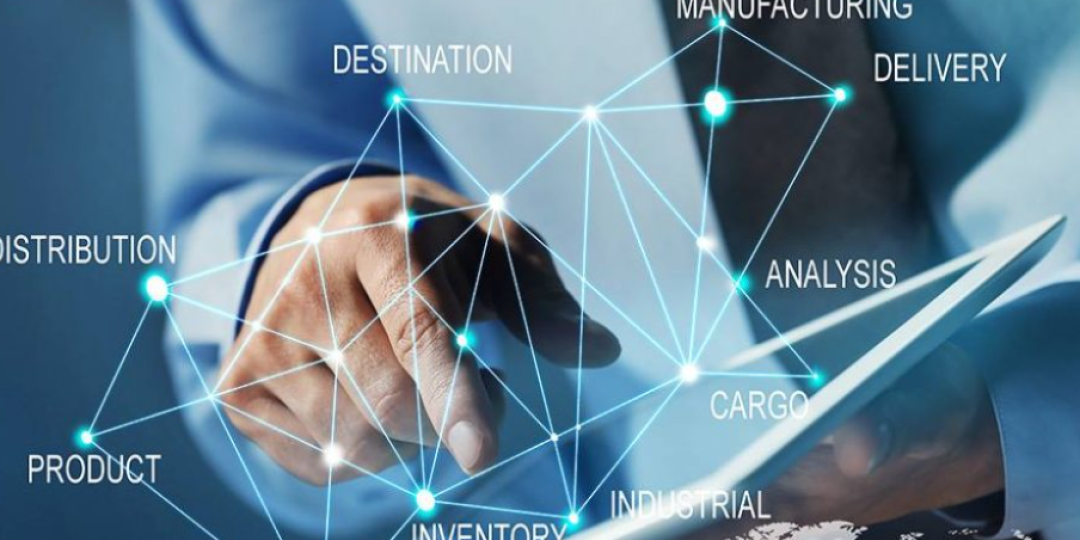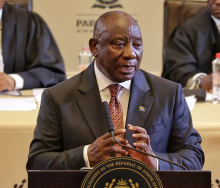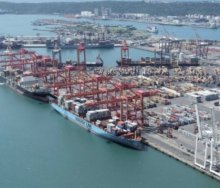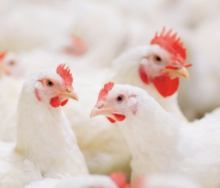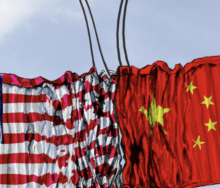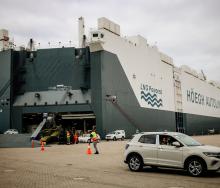The 2025 Manifest Supply Chain and Logistics Technology Conference, which ended on February 12, saw artificial intelligence and global trade developments dominate discussions and exhibitions. Industry leaders gathered to showcase innovations and strategies aimed at helping transportation companies navigate an evolving business landscape.
During a keynote address, Patrick Kelleher, CEO of DHL Supply Chain North America, underscored the complexity of challenges facing the logistics industry. These include trade policies, tariffs, digitalisation, e-commerce expansion, sustainability, and workforce recruitment.
Kelleher acknowledged the uncertainty surrounding international trade, particularly in light of potential new tariffs under the second Trump administration. However, he expressed confidence in continued global trade growth.
“The things we’re hearing today about tariffs are not new and are not going to go away,” he said. “As an industry, we need to focus on how we adapt and ensure the best path for our customers.”
He also noted that supply chains were lengthening, leading to increased complexity in logistics operations. “More handoffs mean a greater need for visibility.”
As the transportation sector becomes increasingly connected, Kelleher highlighted cybersecurity as a top priority. “Cybersecurity is set to become the new currency in our industry,” he said, and predicted that a minimum standard for security would soon be required for companies to trade effectively.
Artificial intelligence was a major talking point throughout the conference. “AI is not going to take your job, but someone using AI is,” Kelleher remarked, emphasising the technology’s transformative potential.
Georgy Melkonyan, founder and CEO of Arnata, demonstrated AI-driven virtual agents designed to handle logistics tasks such as carrier sales, scheduling, compliance, and customer support.
“AI will fundamentally change how logistics operates. If you don’t adopt AI technologies, your company will die.”
Autonomous driving technology was another highlight, with Forterra showcasing its AutoDrive system on a Kalmar Ottawa T2 terminal tractor. The system, currently in pilot phase, features an automated coupling system that allows unmanned trailer attachment, paving the way for fully autonomous yard operations.
“This is the game-changer,” said Gabe Sganga, Forterra’s vice president of commercial growth.
Torc Robotics also presented its autonomous Freightliner Cascadia, with plans for commercial roll-out of self-driving heavy-duty trucks on highways by 2027.
Manifest 2025 attracted an estimated 6 000 attendees, including executives, technology developers, start-ups, and investors.
The exhibition hall featured approximately 400 exhibitors presenting cutting-edge solutions such as logistics software, robotics, and autonomous vehicle technology.
With AI, cybersecurity, and automation at the forefront, the conference underscored the industry’s rapid transformation.
As logistics companies adapt to digitalisation and geopolitical shifts, those embracing technological advancements are poised to lead the way in the future of supply chain management.
